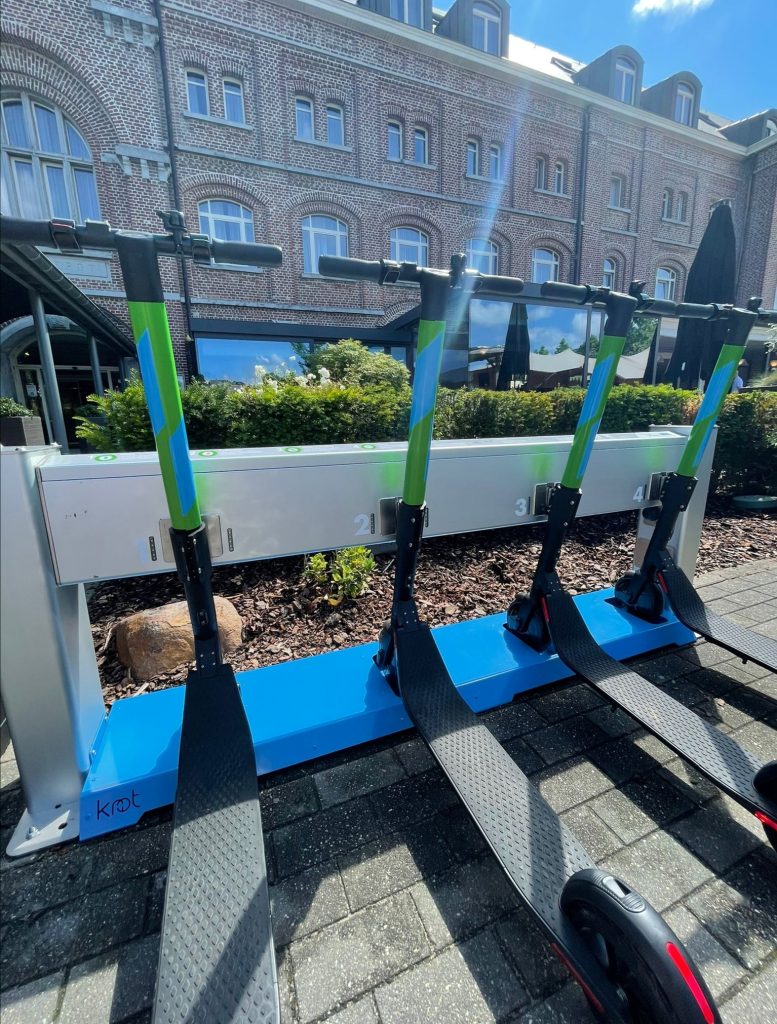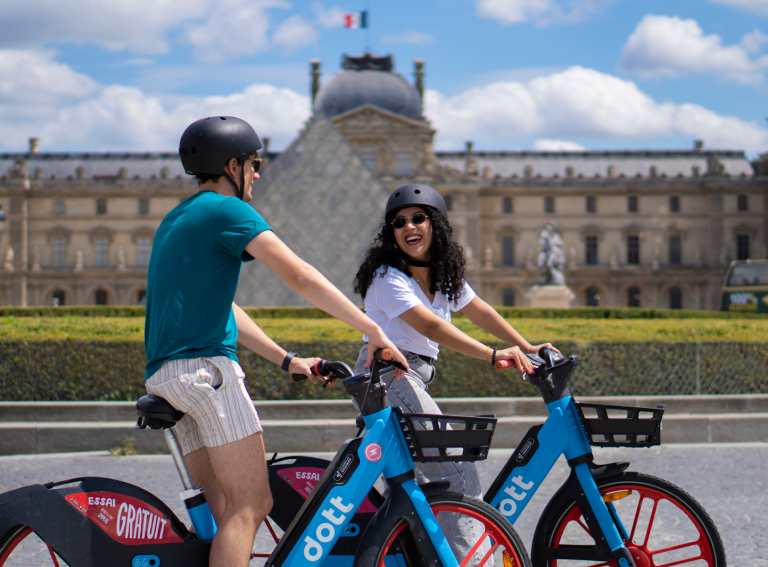One of the highlights from the recent MOVE event in London was the start-up area, which was packed with innovative companies looking to disrupt the micromobility sector.
Zag Daily has selected five such company’s that are making our industry safer, smarter and more accessible.
Baqme
What: Amsterdam-based mobility startup Baqme has built a sharing platform for electric box bikes to provide users with a new option to move sustainably around cities.
Founded in August 2020, the e-box bikes have two seatbelts to fit two small children, or they can be used to carry groceries, luggage or personal items.
Sven Velthuis, one of Baqme’s Co-Founders, said they began by launching in Rotterdam where he’s from. “Not many people have a driver’s licence or car there so we had the idea to start an e-cargo rental business and then the tech came along to make it scalable.”
Why it matters: The e-box bikes are making micromobility more accessible. “Parents are saying we can finally use shared mobility,” said Velthuis. “Other use cases are people transporting their pets, and those needing a delivery say once a month where it doesn’t make sense to get a delivery van.” The knock-on effect is that a decreasing number of people in cities will buy cars or get their driver’s license.
Funding: The startup has raised €700k in a pre-seed round, with a crowdfund of €400k selling out in under 20 minutes. Soon Baqme will be running a new equity crowdfunding campaign.
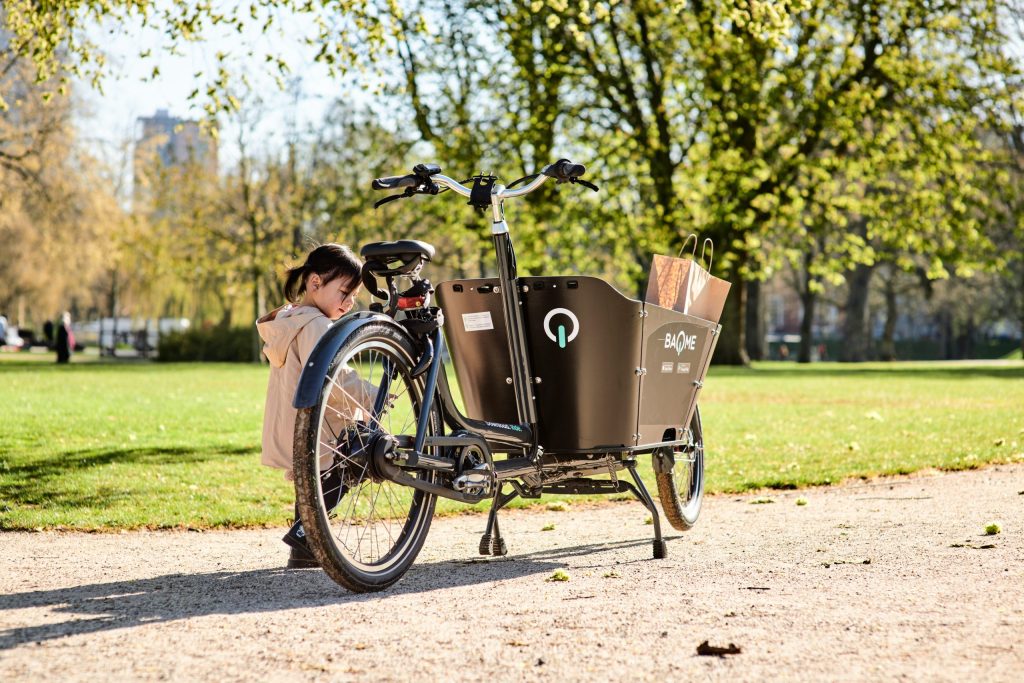
BetaStreets
What: Founded a year ago, BetaStreets is a street design and visualisation tool for the micromobility industry.
It combines photos of the present, with assets from its ‘library of things’, to create a vision of the future in minutes. Users can drag and drop 3D models of real products like scooter docking stations, bike hangers and cycle lanes to reimagine what a street could look like.
“The idea came about over a few cans during lockdown on Zoom when we realised there was a place for more visualisation in the micromobility sector,” said Jon Little, a Co-Founder.
Why it matters: “You can sketch street layouts in a fraction of the time it would take to produce the same using traditional methods, and for the average Joe, it means they can get involved in the street design process too,” said Little.
Funding: All capital was self-funded and the Co-Founders built the software themselves.

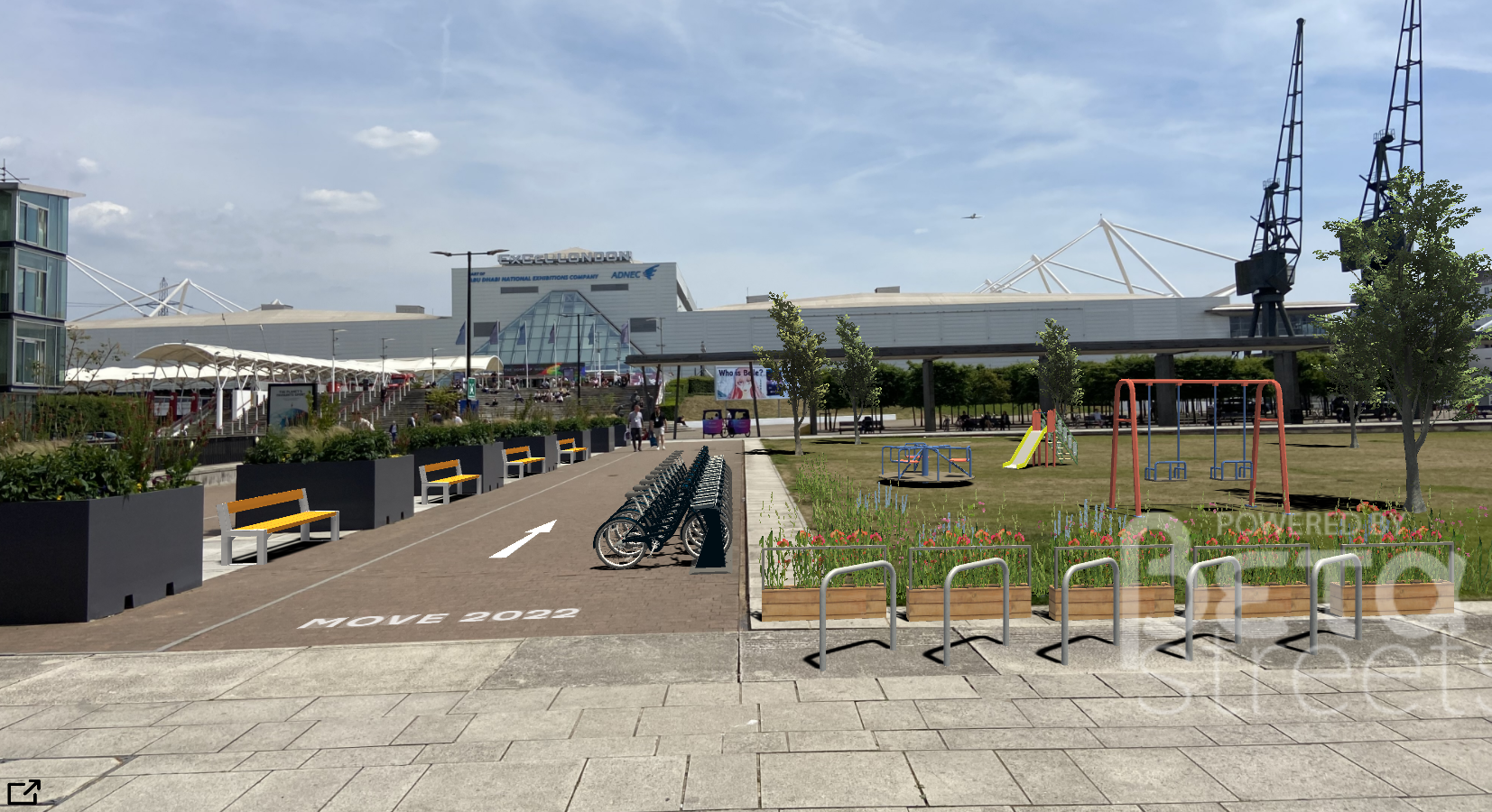
DOCK-Y
What: DOCK-Y is an AI-powered computer vision technology company looking to make micromobility safer, smarter and more secure for riders and the public.
Using sensors and camera tech, DOCK-Y can detect hazards to help riders avoid dangerous situations on public roads. “Our goal is to make micromobility safe and reliable by bringing state-of-the-art AI driven safety innovations to riders and the public, the likes of which the industry hasn’t seen yet,” said the Founder, Manish Pillay.
Why it matters: With a focus on active safety interventions, key features include autonomous braking, pedestrian and crowd density detection, all-round proximity sensing, progressive rider alerts and an intelligent speed limiter.
Funding: DOCK-Y has received support and a small amount of grant funding through universities in the UK and India, and is now actively fundraising to take their working prototype into commercial production.
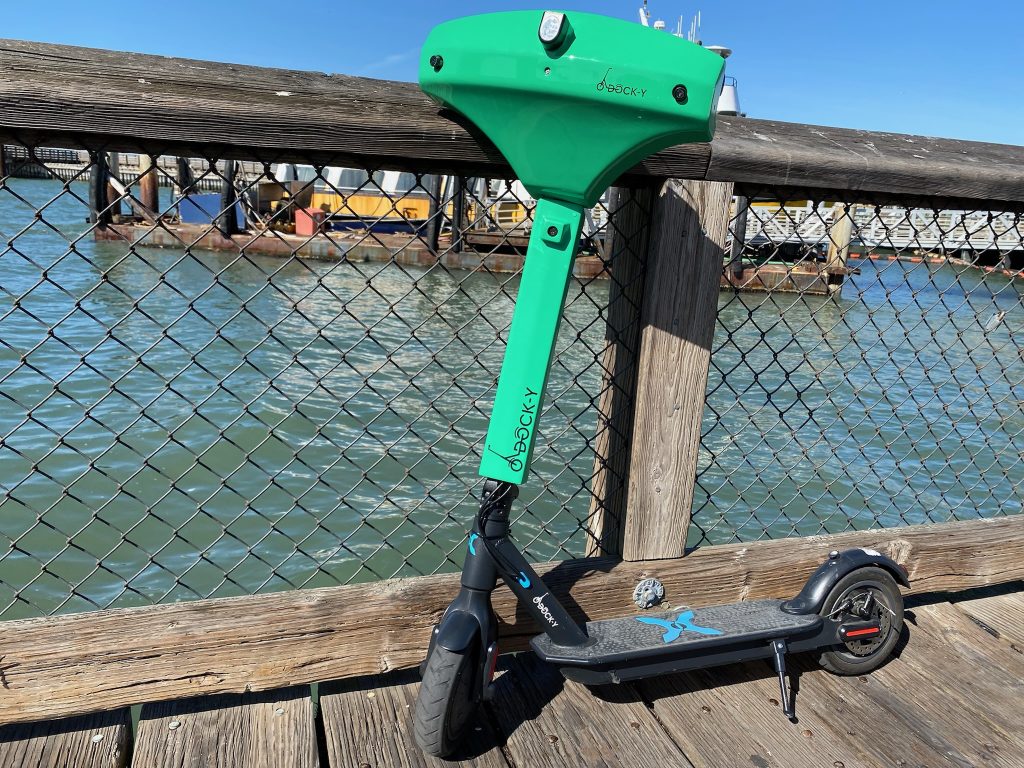
MOSA
What: Founded last year, MOSA brings free-to-use smart and secure micromobility parking to all cycle-friendly buildings and spaces in a city.
The patent-pending smart technology converts conventional racks into smart and secure parking spaces for various micromobility vehicles. With this, space owners can turn their bike parking spaces into intelligent micromobility hubs.
“As a purpose driven startup, we set our mission to build intelligent and secure micromobility parking infrastructure that every cyclist deserves,” said the firm’s Founder Josh Liu.
Why it matters: Space owners can easily manage bicycle parking with data to avoid the issue of abandoned bikes and to increase the security level of their parking space. For cyclists, they can find and reserve a lock, and unlock it all through Mosa’s app. The firm’s diamond-rated locks have tamper detection, which triggers an alarm in the event of suspicious activity.
Funding: The Founders have invested some of their own money into the venture and they have also received a combination of UK Government loans and small angel cheques. It is now about to raise a further £1m.
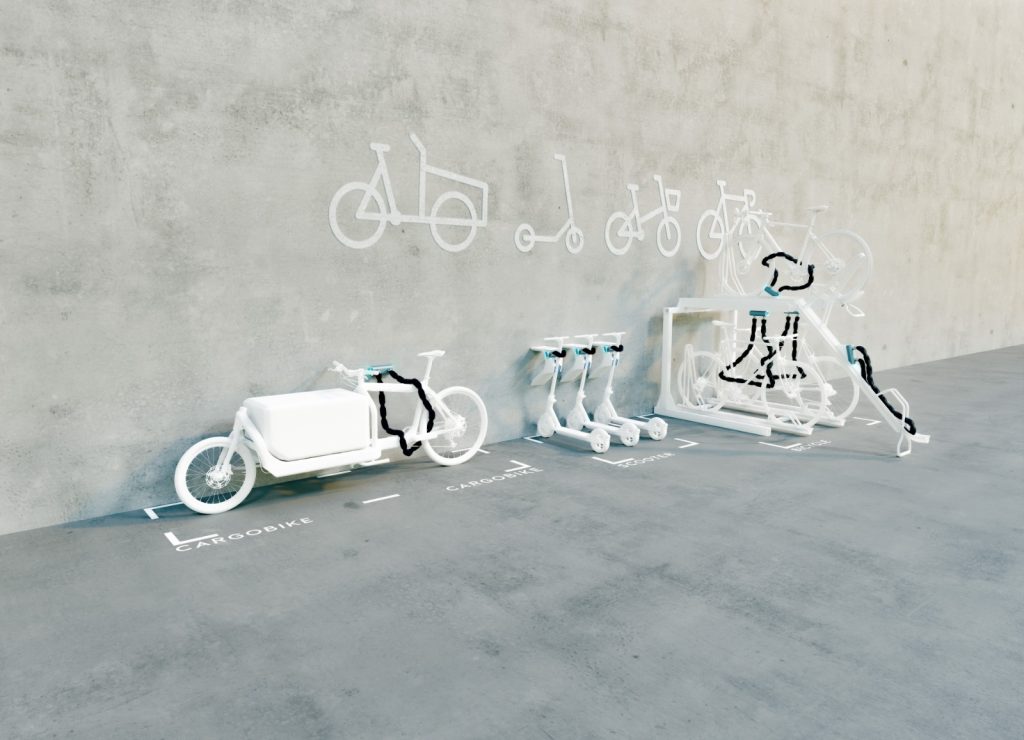
Knotcity
What: Knotcity design and install docking stations for scooter services. On a mission to provide accessible charging infrastructure for all, the French startup has made a docking system for cities that easily integrates with any shared e-scooter. Alternatively, Knot can provide operators or fleet managers with the full works – scooters, docking stations, a dashboard and sharing app – all in one solution.
Why it matters: “I really believe in micromobility, and for me free floating is not the best way to deploy e-scooters in our cities,” said Polina Mikhaylova, a Co-Founder of Knot. “Our docking stations are more sustainable, encourage less vandalism and keep our cities clean and orderly.”
Funding: The Co-Founders have put around £100k of their own money into the venture. They have also been awarded a number of public grants from “a very generous French government” taking the total amount raised to around £1m.
